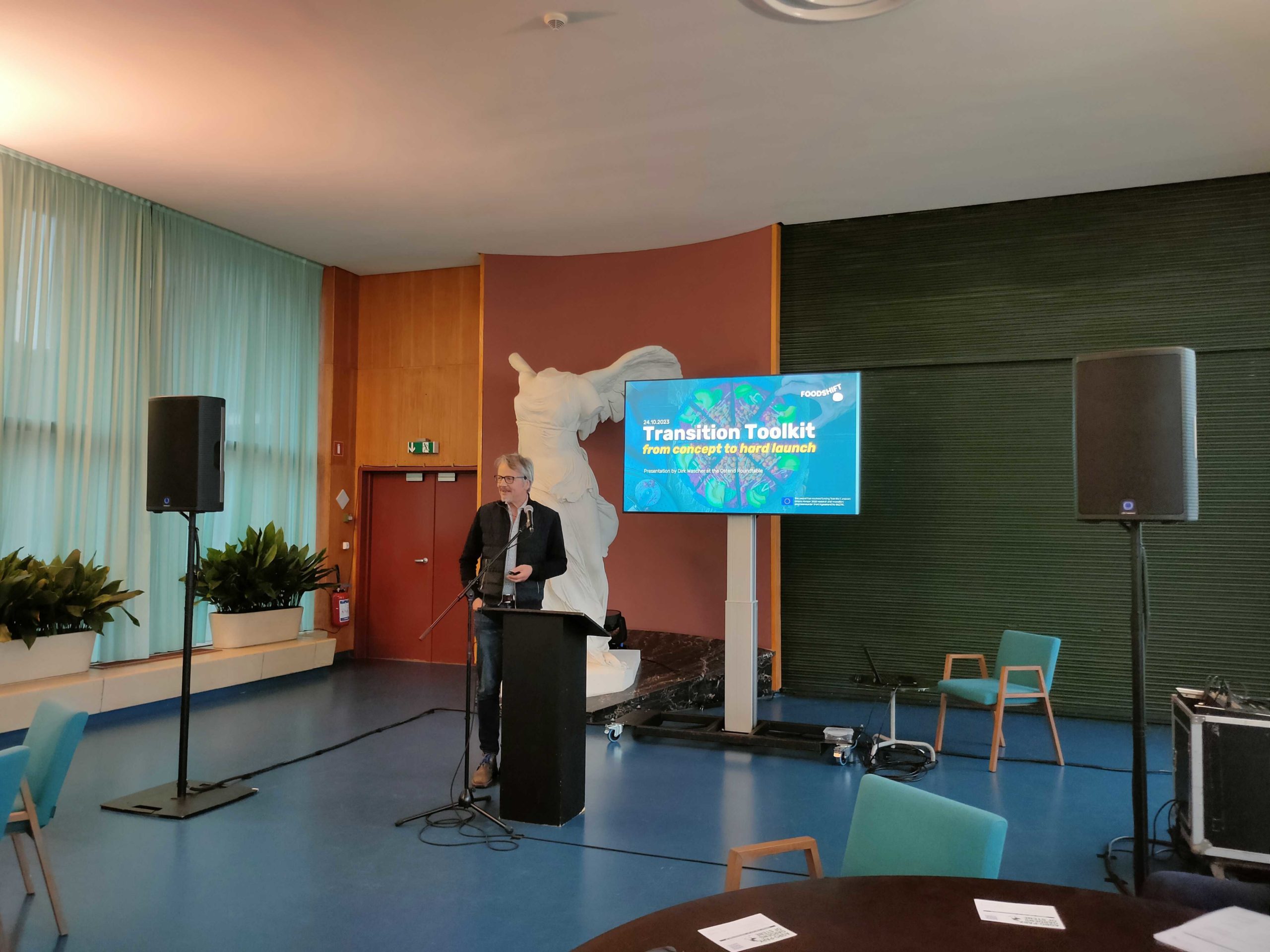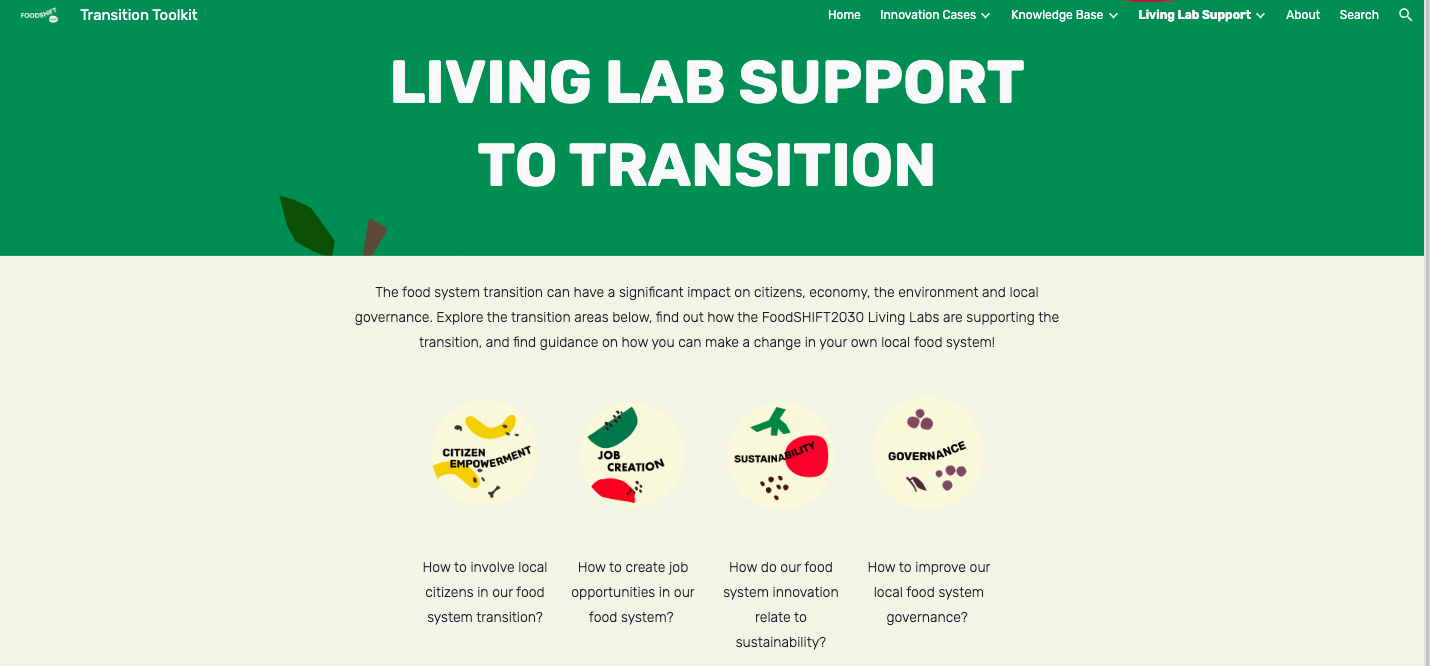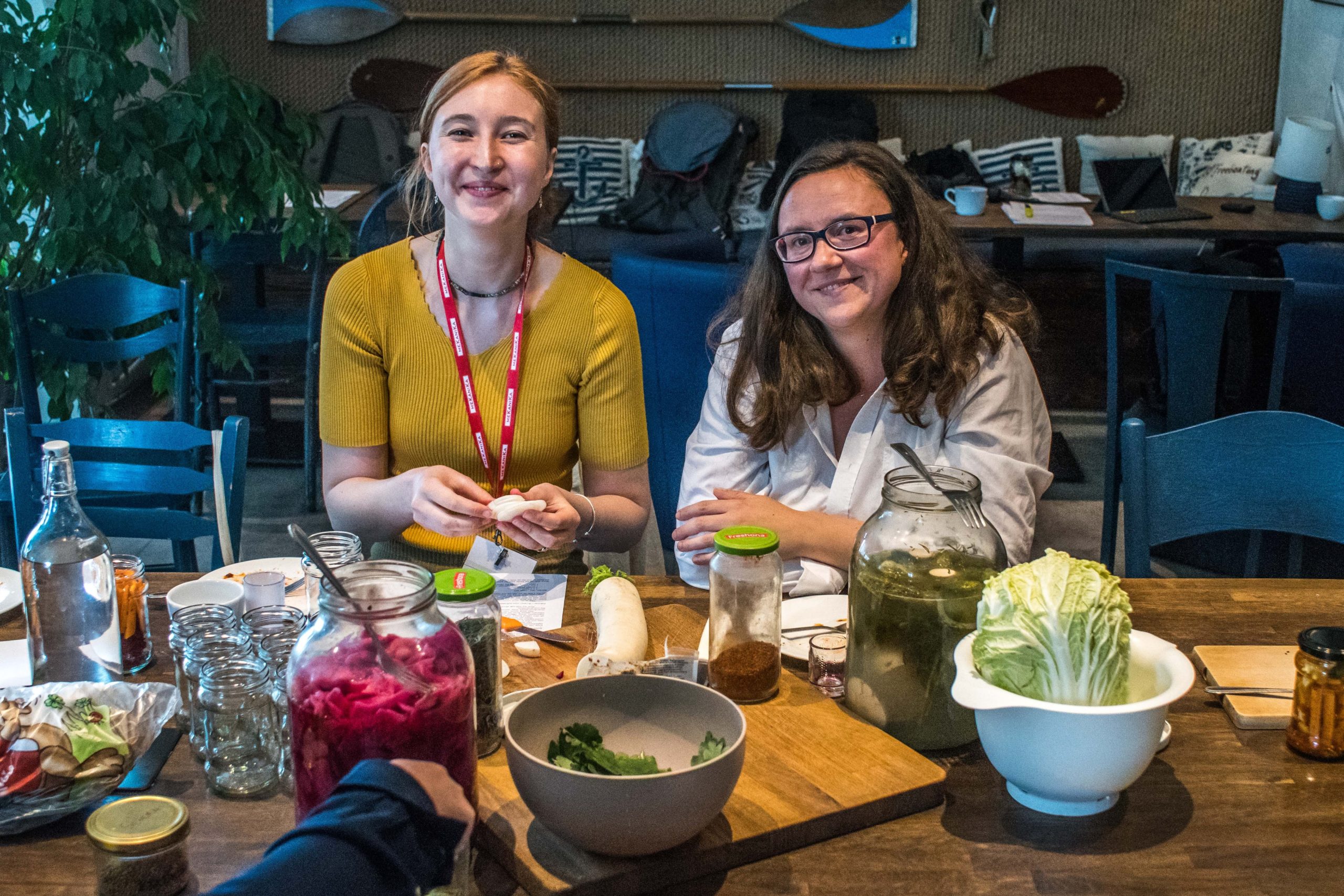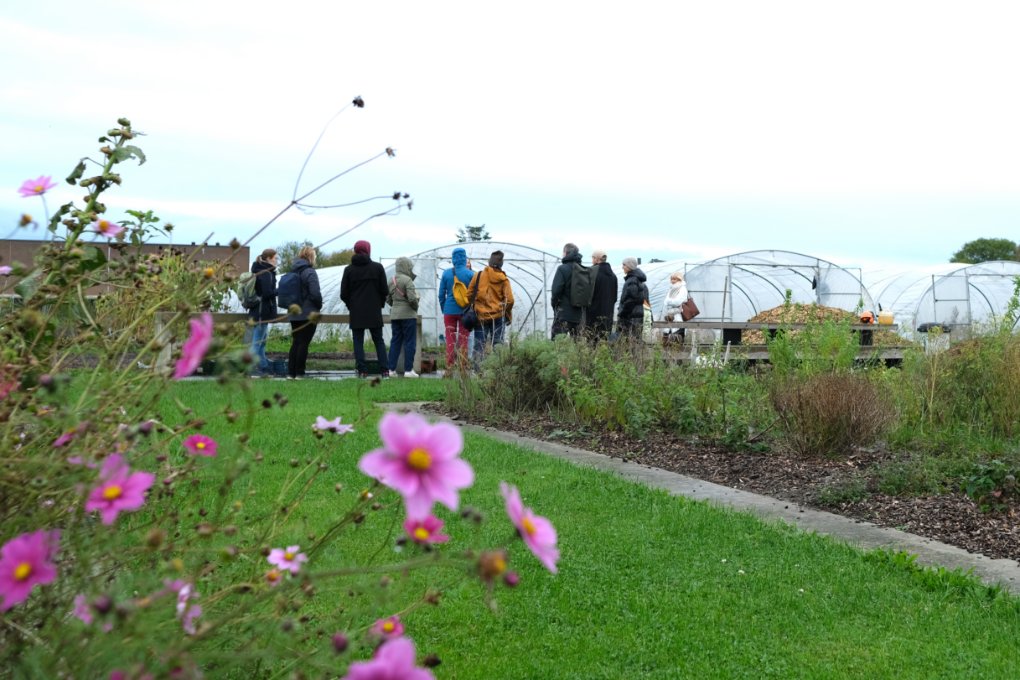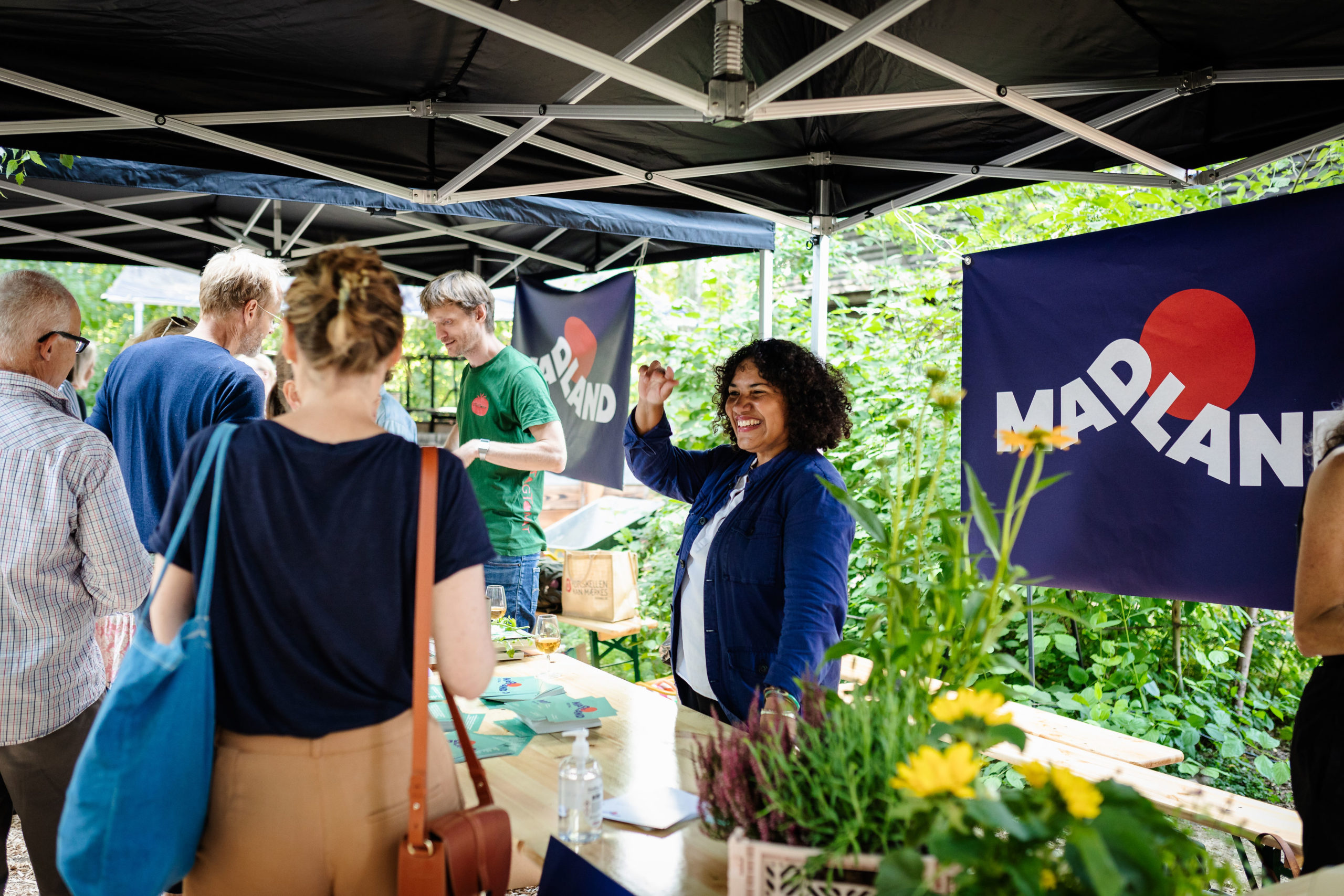Schools as sites for Food System Transformation: Summer School 2022
01 March 2022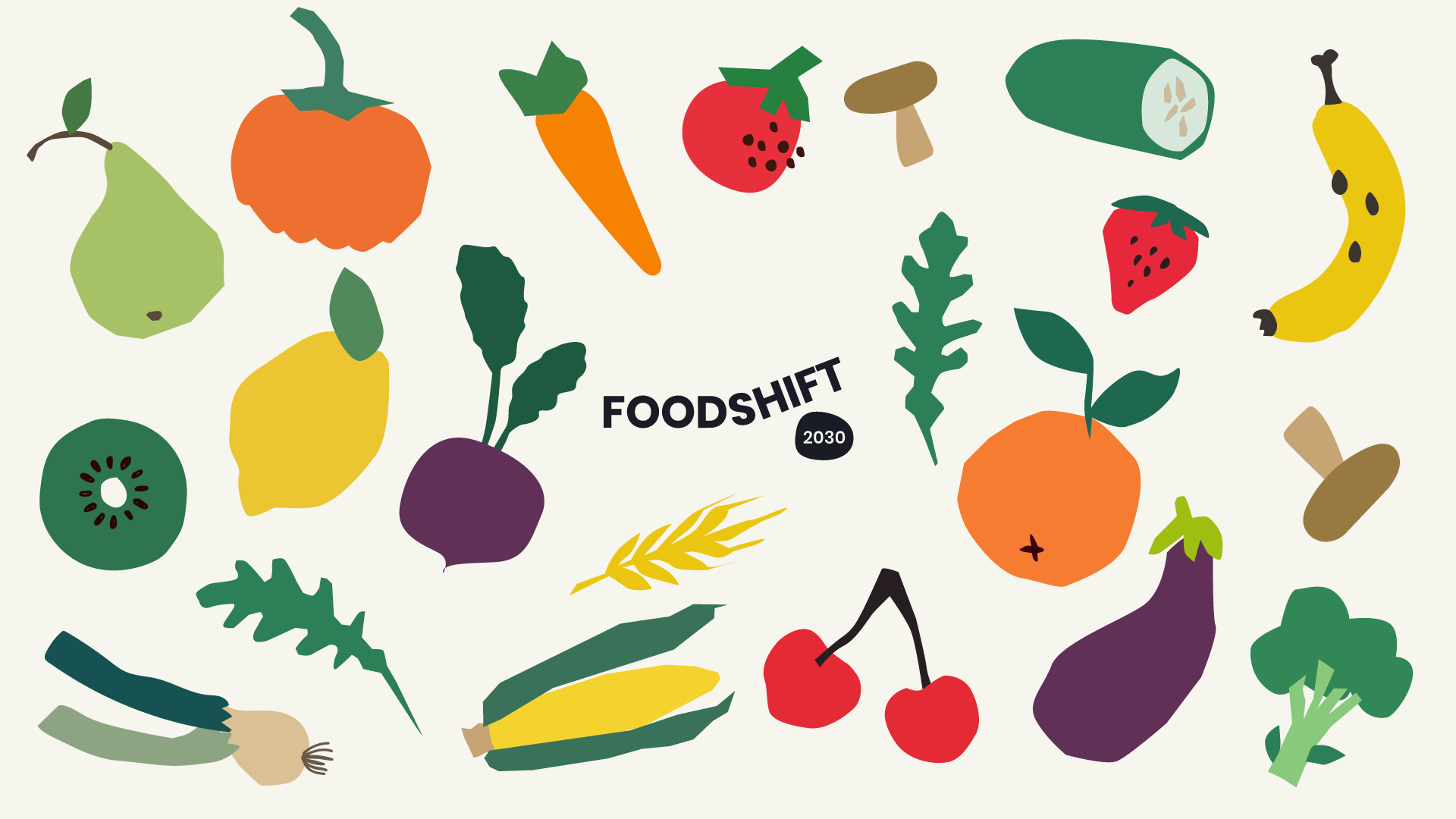
The “Schools as sites for Food System Transformation” Summer School (3-8 July 2022) aims to familiarise participants with the open schooling and living labs approach that provides a powerful framework for school heads and teachers to engage, discuss and explore: how schools can become innovation incubators and accelerators?
The Summer School will present the concept of Schools as Living Labs. Living labs are user-centred, open innovation ecosystems based on a systematic user co-creation approach integrating research and innovation processes in real life communities and settings. We engage the living lab methodology as a technique of crucial value in the heart of initiatives of open schools, which, in cooperation with other stakeholders, aspire to become agents of community well-being by creating new partnerships in their local communities.
The summer school builds the synergy of open schooling and the living labs methodology by working on the theme of the food system, which is linked to a very topical challenge faced by humanity, of huge societal, environmental and economic importance, as well as of direct relevance to science education and to ambitious current policy making at the European level (FOOD 2030 agenda).
The European Commission’s Expert Group working on FOOD 2030 conceptualizes the food system as incorporating ‘all elements and activities that relate to the production, processing, distribution, preparation and consumption of food, as well as its disposal. This includes the environment, people, processes, infrastructure, institutions and the effects of their activities on our society, economy, landscapes and climates’. Further, understanding citizen science and food citizenship is a rather key element that will be introduced.
Objectives
The “Schools as sites for Food System Transformation” Summer School 2022 aims to explore and introduce innovative practices and approaches (living-lab methodology) for overcoming the growing divide between consumption and food knowledge by engaging schools in (re-)connecting young people with the land. With the goal to better connect schools to current research and the societal needs of the communities they live in; the Food Systems theme will act as the ideal testbed under which the Living Lab projects will be set up as an aspect that concerns all communities.
Methodology
The school utilizes the cooperation and interaction of community members by providing learning and information opportunities on the extremely important nutrition issues for tomorrow’s responsible citizens. Selected innovative projects and actions at national and European level will be presented by food system actors on which educators in collaboration with them will be invited not only to collaborate to further implement/accelerate the relevant food system innovations.
Hands-on learning opportunities, such as the cultivation of school gardens, interdisciplinary projects on the topic of the food and nutrition system, entrepreneurship initiatives, but also actions, such as the prevention of food waste and the proper management of waste within the school and beyond it will be introduced. Finally, activities will be designed following an inclusive approach based on the Universal Design for Learning principles.
Preparation
To ensure the proper preparation for the training course an online platform will act as a main hub of communication and for sharing and distributing preparatory material with the participants. Through this platform the participants will have access to all materials necessary for their preparation (suggested reading, digital tools, relevant websites, guidelines and support material etc.) and a common workspace. Moreover, all the information regarding the training course such as the course description, the programme, travelling and accommodation guidelines will also be accessible through the website.
Participants will familiarise themselves with the training topics as well as the course methodology by accessing the relevant resources, materials and tools. At this point we would like to offer some ideas and guidelines for your preparation. The summer school will use the SALL portal as a tool to develop innovative projects that fit the needs of the society in the topic of the food system transformation. You might see the following resources/webinars:
- Schools as Living Labs: A Roadmap for Schools
- Introducing RRI Principles in your school projects
Follow-up, Recognition, Evaluation
At the end of the course, following the presentation of their work on the last day of the course, participants will receive a training certificate that confirms the successful completion of the course and its objectives.
As members of the FoodSHIFT2030 community participants will have access to support provided by the training team, and they will be able to communicate with other educators in European countries, who have a common interest, share their ideas and experience and collaborate in joint activities.
In order to assess whether, and to what extent, the course has reached its objectives and expected results the participants will have to answer, during and at the end of the course, a set of relevant questionnaires that will be provided by the course providers. The results of the questionnaires/survey or a so-called evaluation report will be available to all participants of the course.
Programme
The FoodSHIFT2030 Summer School programme will be announced soon.
Fees & Funding
Course fee
The course fee is 420€ (70€/per day) and fully within the funding opportunities of the Erasmus+ Programme. The course fee covers:
- Expert lecturers for lectures, seminars and workshops
- All materials and equipment needed for the course
- Participation in the social programme & excursions (e.g. Sunset and dinner at Cape Sounio, excursion to the Acropolis and visit to the Acropolis Museum and dinner in downtown Athens, traditional night and farewell dinner, etc.)
Subsistence & accommodation
The Summer School will be held at Golden Coast Hotel & Bungalows, an A-class/ 4-star sea-side hotel which stretches on the golden, sandy beach of the Marathon Bay, near the historic location of Marathon, at the outskirts of Athens.
We are happy to offer to all participants a single or double room with all-inclusive services (i.e. breakfast, lunch, dinner, drinks and free of charge services for outdoors sports and recreational activities).
The costs for subsistence are also within the ceilings of the Erasmus+ programme for KA1 mobility actions.
Venue
The Summer School will be held at Golden Coast Hotel & Bungalows, an A-class/ 4-star sea-side hotel which stretches on the golden, sandy beach of the Marathon Bay, near the historic location of Marathon, at the outskirts of Athens. It is the area of Marathon, that has hosted since the times of myths when Theseus killed the terrible bull of Marathon, to the times of the Persian wars and the Battle of Marathon, further on to our days and the marathon race and Marathon Run, the emblematic symbol of man’s quest for freedom and the will to defend his most noble deeds which constitute the foundations of the Human civilization. The plethora of natural, historical sites and museums of the area reveal in all details this unique historical voyage. Participants are expected to arrive through the Athens International Airport, approximately 25 km (15,53 miles) distance from the hotel.
ERASMUS+ How to apply
School Heads and Teachers participation in the summer courses can be funded by the ERASMUS+ Programme.
In case your school or organization does not have the funds to cover the costs of your participation in the Summer School, there is another option: you can apply to be funded by the ERASMUS+ Programme. Please note that the Erasmus+ KA1 application can only be submitted by the school or the organization – no individual applications can be submitted.
What is ERASMUS+?
Erasmus+ is the European Commission’s Programme for education, training, youth, and sport for the period 2021-2027. As an integrated programme, Erasmus+ offers more opportunities for the mobility of learners and staff and cooperation across the education, training, and youth sectors and is easier to access than its predecessors, with simplified funding rules and a structure that aims to streamline the administration of the programme.
Erasmus+ Key Action 1 (KA1) provides a unique opportunity for teachers, headmasters, trainers, and other staff of educational institutions to participate in international training courses in different European countries. Schools, universities, vocational education and training, and adult education organizations are all eligible to receive full funding to attend courses under a KA1 mobility grant. The Erasmus+ KA1 grant covers all the costs to attend teacher training courses: including travel, subsistence, and course fee.
For up-to-date information about Erasmus+ please check the Programme’s website. Your school will need to apply to your country’s National Agency, who is also the one who will evaluate the proposal. Therefore, your National Agency is also a very good point to start for more information. Don’t forget to go through the New Programme Guide and you will have all you need to know.
The steps to apply for an Erasmus+ KA1 School Education Staff Mobility grant are:
- Fill in the registration form to our Summer School with your details. This is an individual registration form, so if there are more than one participants from the same school, each one will have to submit a separate registration form. This way you have reserved a slot in the course in case your application for Erasmus+ funding is successful!
- Register your school/organization here: https://webgate.ec.europa.eu/erasmus-esc/index/ , if not already registered.
- Check the compliance with the programme criteria
- Check the financial conditions
- Fill in and submit the application form
- Respect the deadline
- Do not forget to inform us as soon as you get notified from your National Agency whether your grant application is accepted or rejected.
You can find all related information about submitting an Erasmus+ Application HERE.
Interested to participate in the FoodSHIFT2030 Summer School? We will be happy to guide you through the process! Please contact us at kriviou@[ea.gr] in case you need assistance and Register here!
Please note applications have now closed for this programme. Thanks for your interest.
